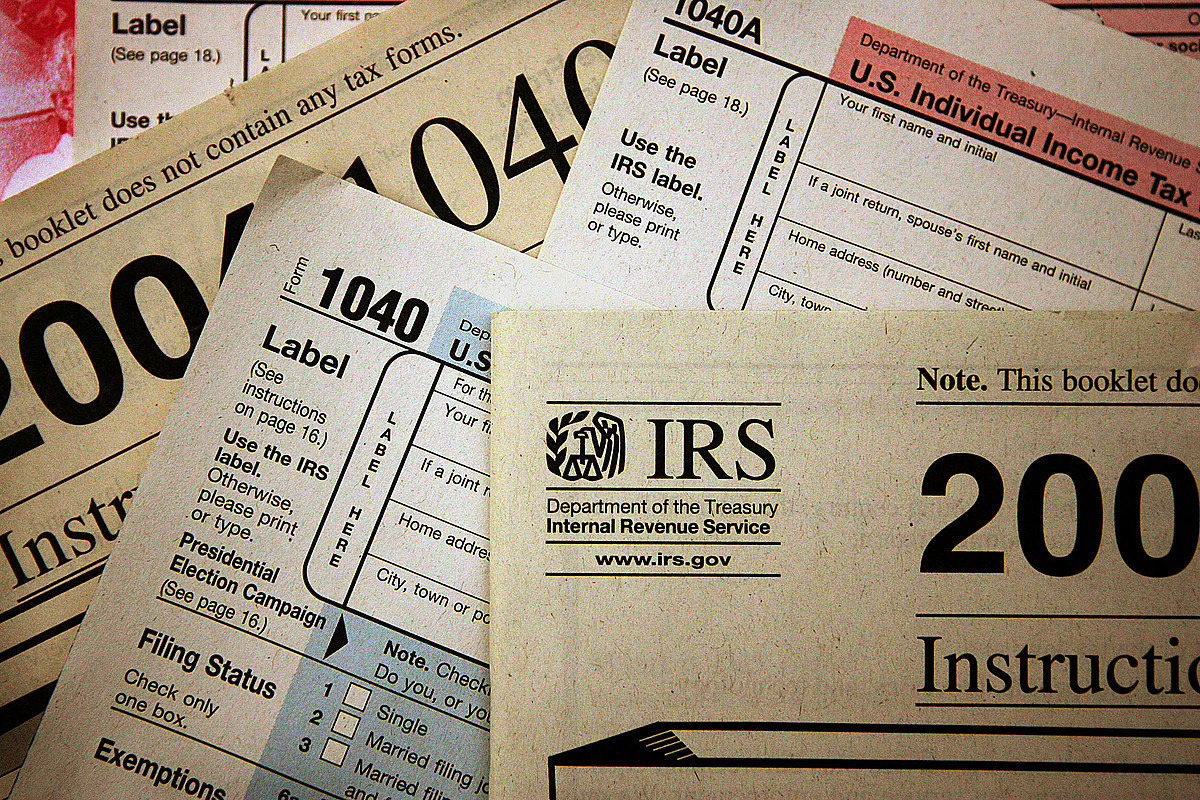**Wyoming State Income Tax: A Guide to Understanding and Managing Your Taxes**
Are you a resident of Wyoming or considering moving to the state? If so, you may be wondering about the state income tax situation in Wyoming. Well, here’s the good news – Wyoming is one of the few states in the United States that does not have a state income tax. That’s right, you read it correctly. Wyoming residents are not required to pay state taxes on their income. Let’s dive deeper into the topic to explore the reasons behind this unique tax situation and how it affects residents and businesses in the state.
**The Benefits of No State Income Tax**
Wyoming residents enjoy several advantages due to the absence of a state income tax. Let’s take a look at some of the key benefits:
1. **Increased Take-Home Pay:** Without having to pay a portion of their income towards state taxes, Wyoming residents have more money in their pockets. This means they can keep a higher percentage of their earnings and use it for personal expenses, savings, investments, or leisure activities.
2. **Attracting Businesses and Entrepreneurs:** Wyoming’s tax-friendly environment, including the absence of a state income tax, attracts businesses and entrepreneurs from other states. The lack of state taxes can be a significant factor in deciding to establish a business in Wyoming, which, in turn, boosts the state’s economy and job market.
3. **Retirement Friendly:** Retirees can benefit greatly by living in a state without a state income tax. Wyoming’s low taxes and affordable cost of living make it an attractive destination for retirees looking to stretch their retirement savings further.
4. **Simplicity:** Filing taxes can be a complex and time-consuming process. By not having a state income tax, Wyoming residents are spared the additional paperwork and calculations required to file state tax returns. This simplicity can save individuals and businesses both time and money.
**How Wyoming Compensates for the Lack of Income Tax**
While Wyoming does not have a state income tax, it does rely on other sources of revenue to support various government services and infrastructure development. Here are some of the ways Wyoming compensates for the absence of state income tax:
1. **Sales Tax:** Wyoming imposes a sales tax on various goods and services. Currently, the statewide sales tax rate is 4%. However, it’s important to note that local cities and counties may also have their own sales tax rates, which can vary.
2. **Property Tax:** Property taxes in Wyoming serve as an important source of revenue for local governments. The property tax rates can vary depending on the county and the specific property. However, compared to some other states, Wyoming’s property tax rates tend to be relatively low.
3. **Mineral Extraction Taxes:** Wyoming is known for its rich mineral resources, including coal, oil, and natural gas. The state collects taxes from companies involved in the extraction and production of these resources. These taxes play a significant role in funding various state and local projects.
4. **Investments and Endowment:** Wyoming has benefited from prudent investments and the management of its Permanent Mineral Trust Fund. The income generated from these investments contributes to the state’s revenue and helps in supporting government programs and services.
**Frequently Asked Questions**
Frequently Asked Questions
Now that we have covered the basics of Wyoming’s state income tax situation, let’s address some common questions that people have regarding taxation in the state.
1. Do I need to file a state income tax return in Wyoming?
As mentioned earlier, Wyoming does not have a state income tax. Therefore, you do not need to file a state income tax return if you are a Wyoming resident.
2. Are there any exceptions to Wyoming’s no state income tax policy?
No, there are no exceptions. Wyoming does not have a state income tax for individuals or businesses.
3. Is my Social Security income taxable in Wyoming?
The state of Wyoming does not tax Social Security benefits. Therefore, your Social Security income is not subject to state income tax.
4. How does Wyoming fund its government services without a state income tax?
Wyoming relies on other revenue sources, such as sales tax, property tax, and mineral extraction taxes, to fund government services and infrastructure development.
5. Can I claim deductions or credits on my federal income tax return if I reside in Wyoming?
Yes, Wyoming residents can claim deductions and credits on their federal income tax returns, just like residents of other states. However, since Wyoming does not have a state income tax, you will not be able to claim any state income tax deductions or credits on your federal return.
Final Thoughts
Living in a state without a state income tax, such as Wyoming, can have significant financial benefits. Residents enjoy higher take-home pay, a tax-friendly environment for businesses, and a simpler tax filing process. However, it’s important to understand that Wyoming compensates for the lack of income tax through other revenue sources. If you are considering a move to Wyoming or want to establish a business in the state, it’s advisable to consult with a tax professional or financial advisor to understand the complete tax landscape and any potential obligations you may have. Overall, Wyoming’s no state income tax policy makes it an attractive destination for individuals and businesses seeking tax advantages and financial flexibility.
